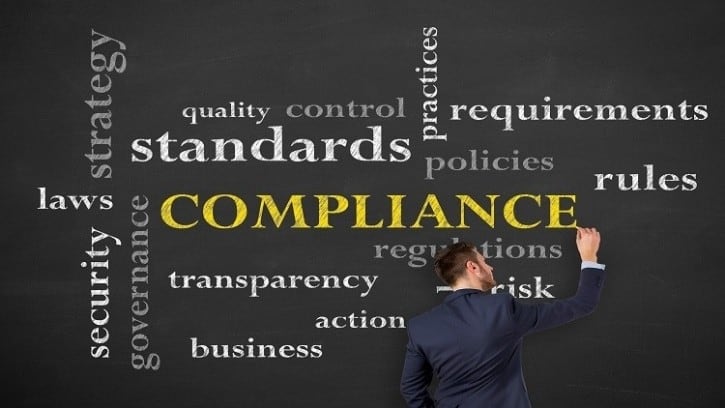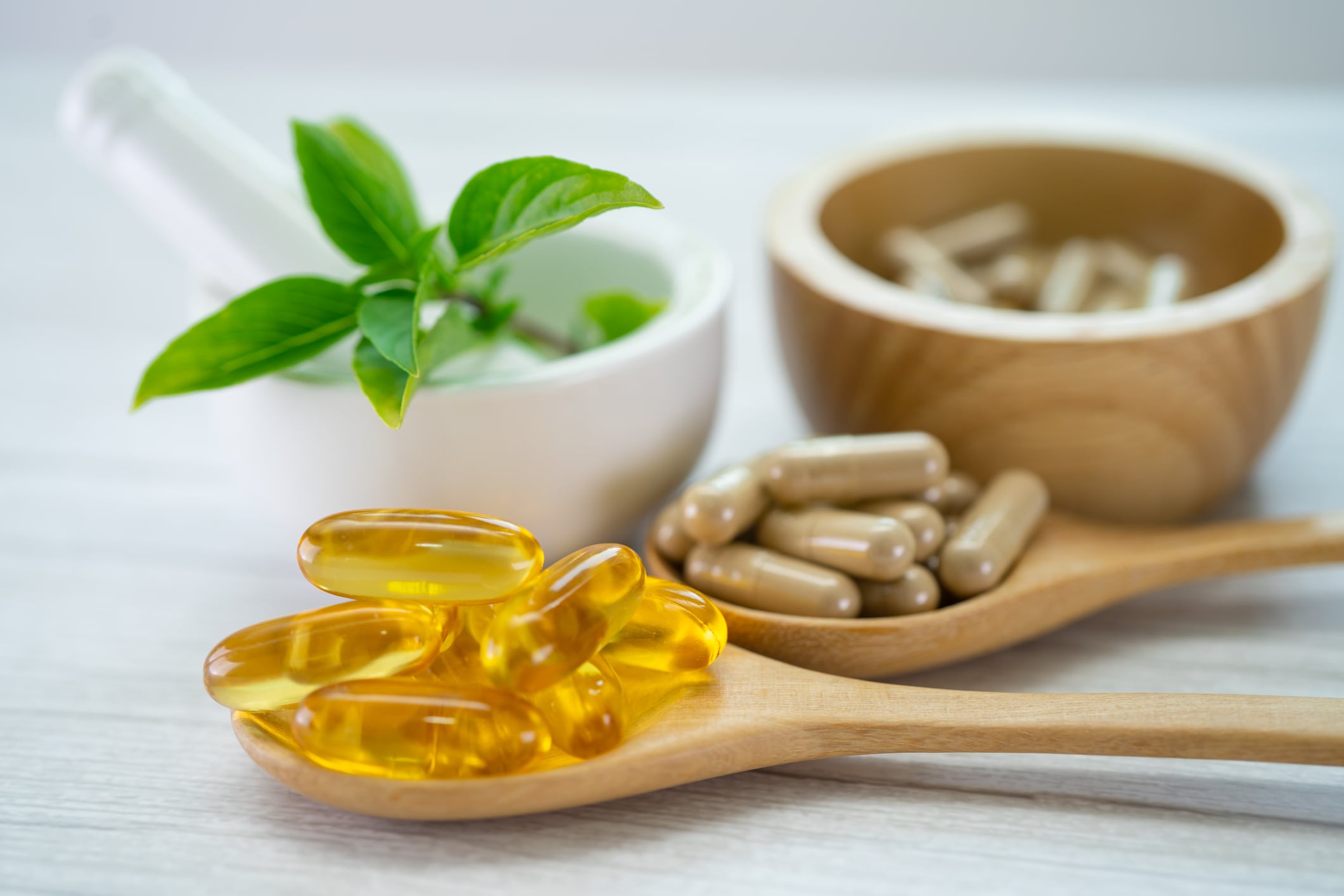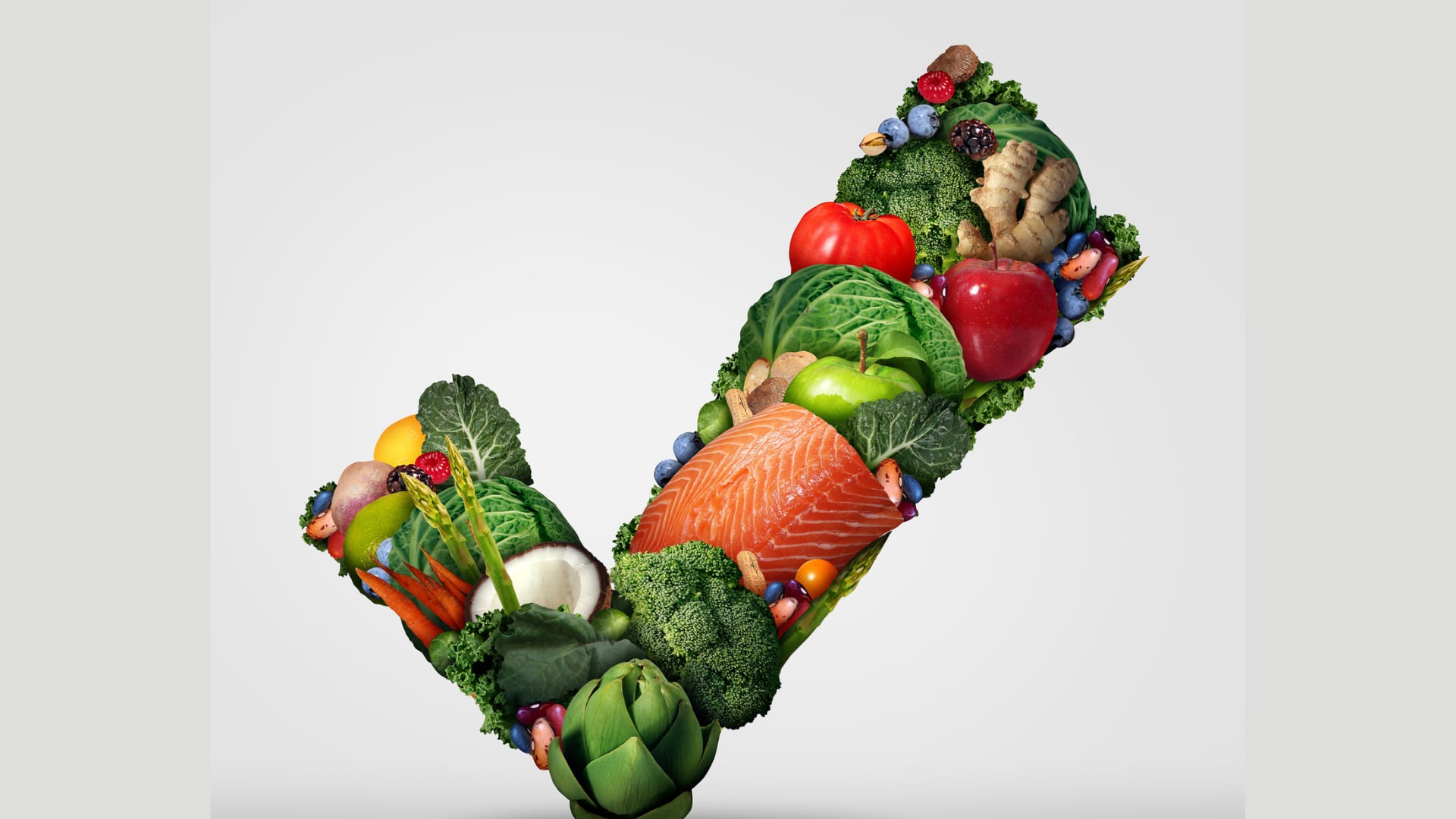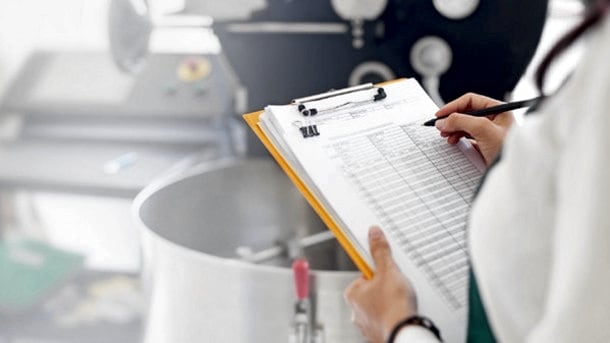India cuts nutraceuticals GST to 5%, minister urges firms to pass on savings
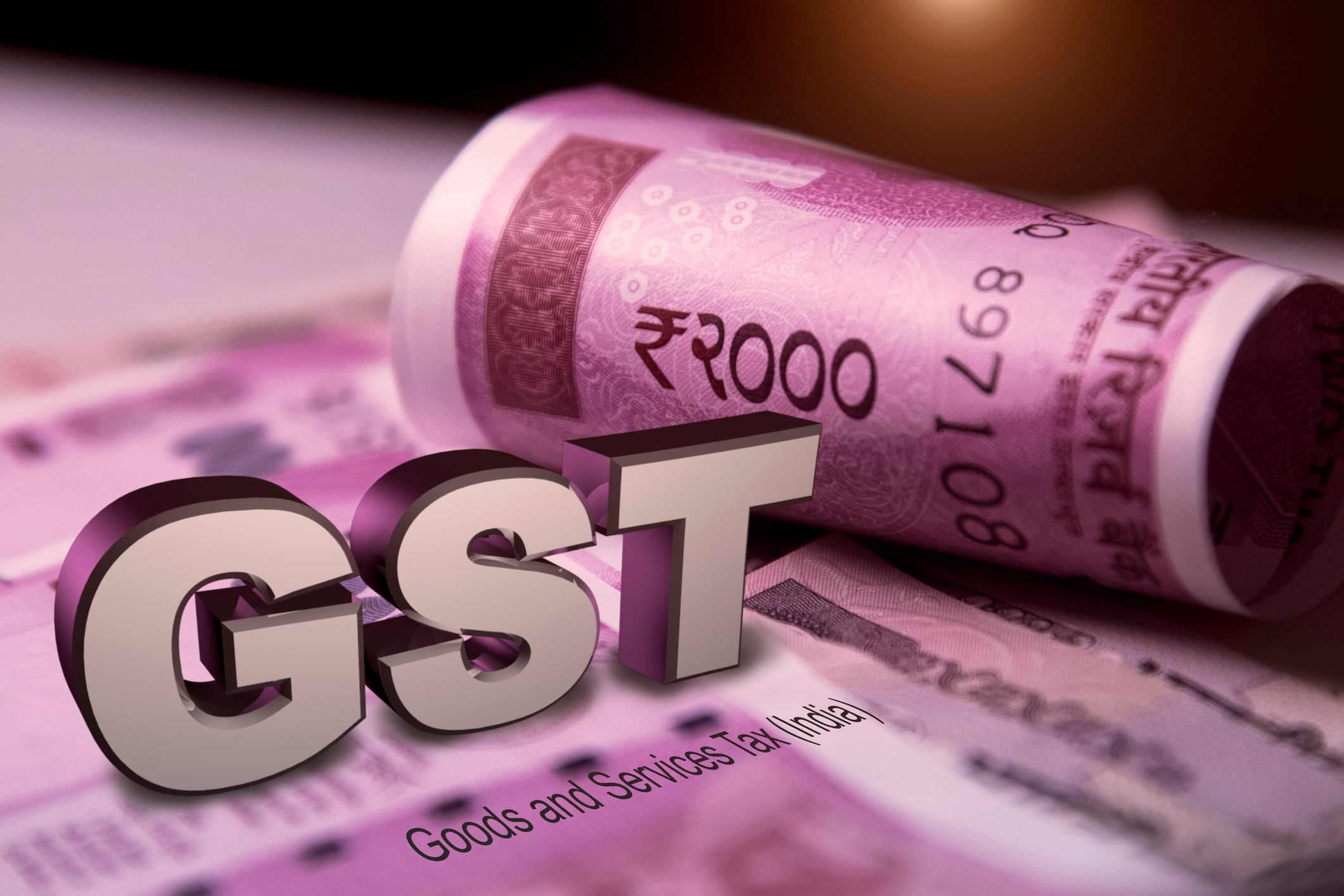
The Indian government last week announced a steep reduction in GST rates for nutraceuticals from 18% to 5%, and the minister of commerce has urged companies to pass on the savings to consumers.
The new rate kicks in from September 22 and is applicable to all types of nutraceuticals, from multivitamins, to protein powder, from finished goods to natural extract ingredients.
This is part of the wider “Next-Gen GST reforms” introduced by the Modi administration,
Eliminating self-affirmed GRAS? FDA advancing proposals to amend food ingredient regulations
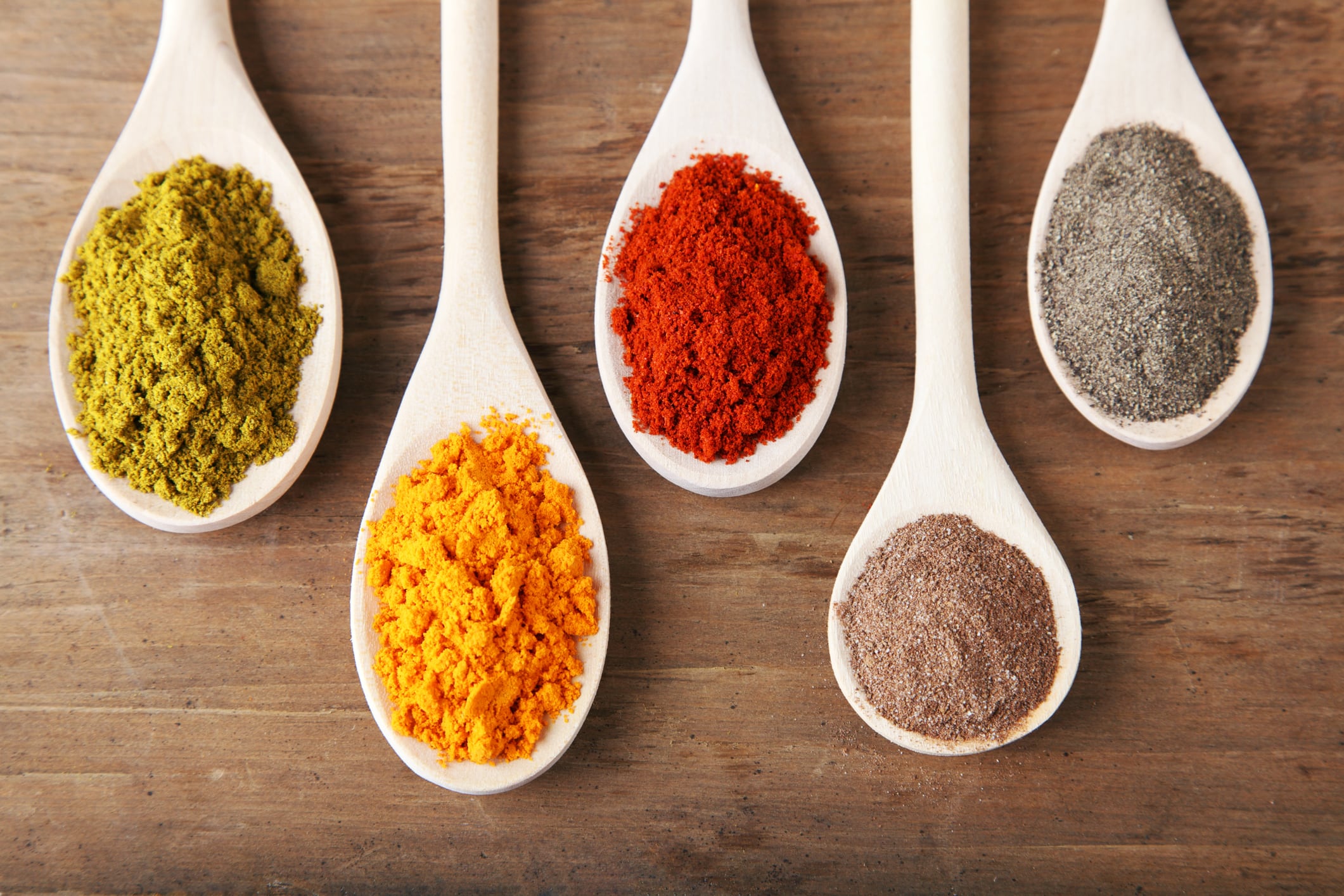
The U.S. Food and Drug Administration’s proposals to amend the Generally Recognized as Safe (GRAS) regulation are expected in October.
The details of FDA’s proposed rule are still limited, but the language strongly suggests the agency intends to end the self-GRAS pathway, Ashish Talati from Talati Law told NutraIngredients.
This development comes after Health and Human Services Secretary Robert F. Kennedy, Jr. directed the FDA commissioner in March to take steps to explore potential rulemaking to revise its Substances GRAS Final Rule and related guidance to eliminate self-affirmed GRAS.
NZ export exemption rules give only “limited benefits” for supplements - expert
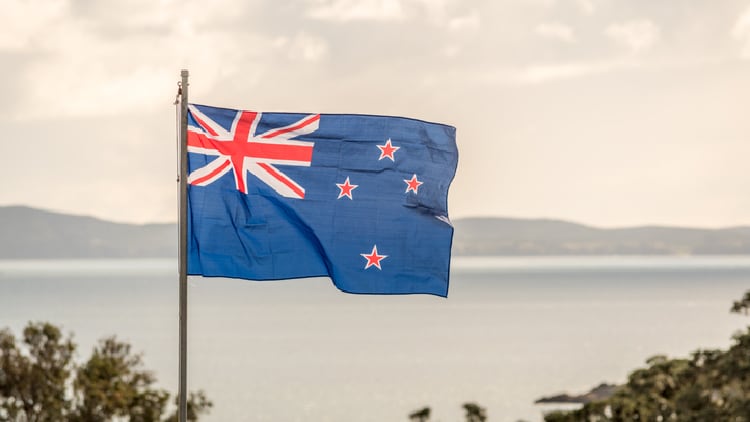
New Zealand companies exporting dietary supplements and food are exempted from certain domestic labeling and composition rules from September 25.
However, these are not enough to boost supplements exports, Samantha Gray, government affairs director at industry body Natural Health Products NZ (NHPNZ) pointed out.
This is because the exemptions still do not address the elephant in the room - which is allowing dietary supplements to make therapeutic claims.
China regulator to tighten control on health foods marketed to seniors
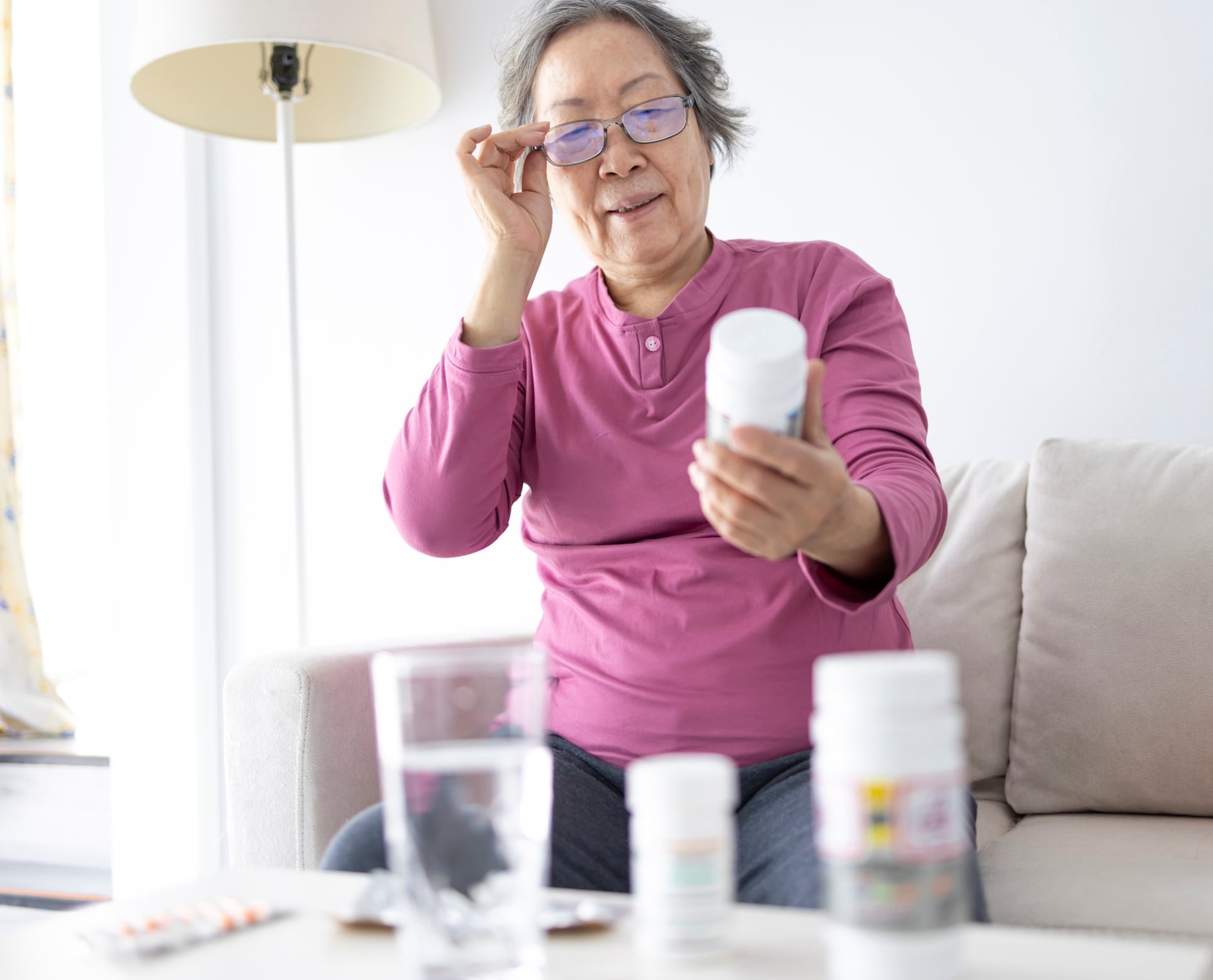
China’s State Administration of Market Regulation (SAMR) said it would be tightening control on health products marketing, especially health foods marketed to seniors.
Seniors have become the target of unscrupulous health foods marketing and purchasing health foods at exorbitant prices, said the SAMR.
Seniors aside, the rise of private domain (私域) marketing on WeChat has also enabled exaggerated and fake claims marketing to take place in more channels.
China regulator to release new stability and safety rules for health foods
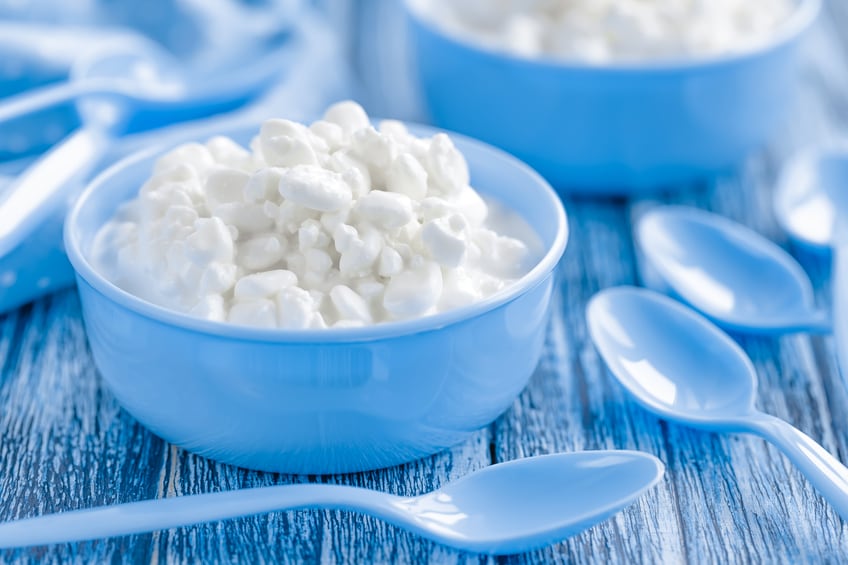
China’s health foods regulator SAMR is introducing new health foods regulations, including requiring more stability and safety reports on non-purified fermented raw materials.
The new rules will be introduced to the current “China Food Safety National Standard Good Health Food Production code (GB17405)”, it announced in a press conference in late August.
The new regulations are aimed at safeguarding consumer health, promoting the industry’s development, and implementing policies.


